The Peanut Butter Conspiracy interview with Alan Brackett
Out-Sider Music will be releasing Alan Brackett’s material written during his years with The Peanut Butter Conspiracy. While the band was slowly becoming more well known, Brackett privately recorded some very interesting songs that will be released for the very first time. Material was recorded in DIY spirit, using Teac A1200 and doing lots of recording “experimentation”.
Would you like to tell us the story behind the material?
I was writing a lot because that was my life at the time – that and gigging, getting high and girls. A few of the songs I wrote with one of our roadies, Knox Henderson, while touring in 1967. He was a Texan and had written for many of the early groups, like Mouse and the Traps, and was mainly a lyricist. So, our collaborations were mostly his lyrics and my music.
I would sit on the floor in my little place on Gower Street on the Persian rug surrounded by instruments and amps, my three Siamese cats and of course my Teac A1200. I would play my guitar or bass and an idea would come about and many times I would use a small cassette recorder and just run it to be sure I would capture everything. I would keep using this method and develop the song. Sometimes I would not finish a song for one reason or another, but if I did I would then use the Teac to record it.
I didn’t have drums at this time, but only some pots and pans I would hang from the ceiling and hit with my drumsticks. I also had a tambourine. I had a Shure mic in its felt pouch and it would be on the floor and I would tap my foot on the felt pouch sticking out in front of the mic. This was the bass drum. I used other recording tricks such as tape-slap, but mainly it was very raw and sometimes I only used my bass and some rhythm. It all depended on how I felt at the time and of course how high I was.
Glen Campbell was a little part of the project too?!
I did a lot of sessions with Glen, mainly demo sessions for writers at Four Star Music. Gary Usher brought him in to play on a few tracks on our first Columbia LP, The Peanut Butter Conspiracy Is Spreading. Gary’s idea of making our records better was by adding more, a theory I don’t really believe in, these simple recordings on this LP being a good example. With every sound you add to a recording, every other sound is brought down more in the mix. But if it is more “raw” each sound is right up front in the mix giving more character. An extreme example of what Gary was going for would be Phil Spector’s Wall of Sound. Everything is washed in echo and there’s so much being put down that the clarity of any instrument is lost except say during the break on ‘Lovin’ Feelin’ where the bass does that line alone. I remember when I played with The Righteous Brothers and the first time that place in the song came up on stage and it was like a solo for me.
Glen was a great telecaster guitar player and he is playing on “Freeways of Love” on this LP. I had him overdub once or maybe even twice and told him to “go crazy” on the instrumental sections. I don’t know how many times anybody had said that to him but he had fun letting go I could tell. You can hear one of his odd’s playing the lower guitar lines much like you can hear on Monkees records he played on.
I’m very saddened for Glen. To think that he cannot play anymore is such an example of the horrible disease Alzeimer’s. I have had several very close experiences with family as so many have had and it is excruciating watching the toll taken by this terrible scourge on humanity.
How does it differ to make music on completely individual level compared to the songwriting process in The Peanut Butter Conspiracy?
It was not really different for me at all because I always wrote alone and developed the way I wanted songs to be. John Merrill, the other main writer in the The Peanut Butter Conspiracy, and I wrote songs individually and then when we got together with each other and Barbara we knew what we wanted and the songs came together pretty easily. This was due to our singing and playing together in prior groups and is the reason why we were able to get a record deal after only being the group known as The Peanut Butter Conspiracy for a few months.
In other words, we did not do what Lennon and McCartney did and just call every song co-written even though they were really not.
What was the recording and producing process like, working as DIY recording artist?
All I can add is that as time went on through the 1970’s I progressed as a recording engineer and producer and the recordings I did at that time are not released and I hope to get them out too. I still liked doing it all myself but with other musicians playing too. And, as a producer, I was asked to produce Randy Meisner for his first LP when he left The Eagles. This was solely because of what I was doing in my garage studio. Also, three of The Beatles and some other record companies wanted to sign me and I was managed by Mal Evans, Beatles roadie. I won’t say any more about that period because that will be in my second book which I’ve already started and those recordings that attracted that attention will be also forthcoming.
You recently finished writing a book about your involvement in music. You had a wonderful music carrier. How did it make you feel to remember the past?
I was able to support myself. I did many other things to enable myself to pursue my musical career. This involved many “day-jobs” and even “middle-of-the-night-jobs” and the phrase “Don’t give up your day job” is a very true saying and I couldn’t have gotten to where I eventually did with The Peanut Butter Conspiracy if it weren’t for doing whatever I had to do to keep on keepin’ on.
As far as how it made me feel to write about my past, I feel very lucky to have had the life I had during this period I’ve written about in this book. The book covers my life up through the sixties with all the musical changes I went through on the way. I sang on the radio when I was 8 years old and played drums in school and had different music groups all along the way covering instrumental, jazz, doo-wop, folk, surf, soul, and rock. All of it made me what I am musically and I wouldn’t change it because it was a lot of fun and I lived through it all. That to me is more important than “prosperous” because I’ve known a lot of unhappy “prosperous” people and many of them died.
Can you explain what psych/garage rock fans can find in your book?
What they will find is how I was “Almost Famous” and they can read along on my Journey To The Summer Of Love. It is a trip unique to me and I know that a lot of it will be different than what other readers have experienced in their life. Not that their life is uninteresting, but I hope they will find my life interesting and I’ve tried to be very honest and real in describing things. It does take a lot of dedication to follow your dreams and be willing to work hard and do whatever is necessary to bring them to fruition. I wrote an “Ode To A Sleepless Night” that I have in the front section of my book. I wrote it in 1963:
“Ode To A Sleepless Night”
It’s 5:15 in the morning and I can’t sleep.
There’s someplace I’ve got to go – something I’ve got to do
What is it? Why won’t my mind stop turning around –
running over the same things over and over again –
all leading to the same thing – nothing!
What is it that’s gnawing inside me – telling me to search
and never letting me sleep?
I’m never satisfied in what I’m doing at present
or am I satisfied with whom I’m doing it with
I run from each circumstance into another
never knowing what the next circumstance will be,
but always hoping it will satisfy this lust I have for something
or somebody that I can’t define.
Could my whole life be like this? without any conclusion
except death? No happy, satisfying niche
to suddenly find myself in to fulfill my wandering soul?
The best I can define this “wanting” feeling is a desire
for fame, fortune, love, hate, and a meaningful life.
How do I rid myself of this lustful feeling?
If I am successful in my music career, both as an artist
and a composer, I will acquire a certain amount of fame
and if I’m lucky it will be enough to satisfy me.
Fortune may also be supplied by the same means.
Fortune alone, however, could never satisfy me.
If I can somehow find the means of expressing my love
and releasing it from within, it would probably be
most satisfying. Love can be expressed for many
different things and in many different ways.
If I could find a girl to love, one who would absorb all
of this type of love I could supply endlessly,
and I could also learn to express love for
everything in general – people, life, nature, etc.
– in everyday life and also express it in
my music, I think my lust for love may be satisfied.
This won’t happen, however, unless I am loved in return.
There will always be things that will stand in the way of love,
and these things I can hate and use this hate to
overcome these obstacles so that I may go on loving.
If I can succeed in all the foregoing, I should end up with
a meaningful life.
– Alan Lee Brackett (1963)
What were the circumstances behind The Peanut Butter Conspiracy formation? You were first known as The Young Swingers (released two singles) and later on The Ashes. Band released their debut single in 1966 on Vault Records before the lineup changed and you got signed on Columbia Records. How did you get signed to such a major record label?
John, Barbara, and I went through several metamorphoses on our way to becoming The Peanut Butter Conspiracy. We were the core of several groups along the way. When we were The Ashes and Spencer Dryden was stolen away from us by The Jefferson Airplane, Barbara was ready to have her baby fathered by Robbie Robison, and so we broke up. John went to Europe with his parents and I got together with Lance Fent and Jim Voigt and we became a power-trio and landed a gig on The Sunset Strip at a club called The Sea Witch after being together one day! This jamming-style of playing was something new and unique at the time and is today popular in clubs once again. In fact, for the past couple of months I’ve been jamming with Lance and a young rock drummer from the group Others a couple times a week. We started off doing some old rock song or a tribute to somebody like when Mose Allison died – “Seventh Son” – and then jam on it. Sometimes we will go on and on without stopping for well over an hour, going into different songs and jamming on them. I’m now playing Lance’s wife, Maryvonne’s 5 string bass, which is giving me more range. Lance is probably the most energetic person I’ve known, and at 75 I am amazed at his stamina. He sings and plays with such passion and I am enjoying just playing the bass – that’s all I really want to do at this point. I don’t know how much longer we’ll keep doing it but I’m enjoying it right now and that’s where it’s at – right?
When John returned from his trip he joined up with us at The Sea Witch and after Barbara had her baby she joined up with the four of us. That’s when we became The Peanut Butter Conspiracy. I was writing a lot and some of the songs I wrote at this time are what are on this LP. John was very prolific too and between us and a song, “Market Place” from Lance, we quickly had enough songs to do a set or as it turned out, an LP. Looking back on it, I would have used some other songs than what ended up on our first LP, but that’s water under the bridge now and everything seems to be coming out eventually. We rehearsed at our band house in Silverlake every day and after about a month or so, and doing some obscure gigs around Hollywood to get it all together, we did a Monday Night at the Troubadour. That’s where we got offered about 5 major record contracts and several management offers. I’m sure this was due to our being very polished and professional but also the labels were looking for another Jefferson Airplane at the time. Also, we had done our own promo around town putting up signs on telephone poles and passing out bumper stickers. We also put little blurbs on the outside borders of the Free Press newspaper. All of these said simply: “THE PEANUT BUTTER CONSPIRACY IS SPREADING”.
The Peanut Butter Conspiracy Is Spreading as your debut is quite different than follower The Great Conspiracy. To what do you assign diversity in sound?
This change is due to our being together and gigging for longer than just a month or so like the first LP was. Also, we grew as musicians and writers in those months touring between the two. We were able to convince Gary Usher that we didn’t need more musicians than ourselves and that is the difference. I also was able to record one of my songs, “Too Many Do”, and stretch it out to 6 ½ minutes. This was something very new and we got a lot of FM radio play on that song. It is still one of my personal favourites.
How did you get involved in so many film projects? Your music can be found on Angels from Hell, Run Angel Run, Jud, Cherry Harry and Raquel, Hell Ride, 2000 Years Later, and Beyond the Valley of the Dolls. How did you approach starting, developing and finishing a film score and did it vary for each film?
Stu Phillips was the person responsible for our doing film music. It was not scoring but “source music”, title songs, etc. Because of our contractual agreements, many times we appeared as other made-up names and wrote under pseudo-names. We wanted him to produce us but Columbia wouldn’t let us have an outside producer. I learned a great deal from Stu.
In the 1980’s, although little known, I did a couple hundred songs – writing, performing, and producing – for movies and television. I have three instrumental songs in the TV series Happy Days and they are used 126 times in the series. I got to write songs in every genre from the turn of the century up through the seventies and they were like assignments and done under contract. It’s a great thing to know that what you are writing and recording is going to end up being used for sure. Much different than dealing with the record companies. My writing partner during this time was Scott Shelly, whom I had known since he was 17 years old and he played on a lot of my recordings in the garage in the 1970s. Great guitarist and keyboardist / arranger. We were a great team. He now lives in Australia and has a successful career doing music for video games and television.
For Children of All Ages was more or less your own project?
By this time I owned the group and was paying Barbara and the other musicians. I was thinking of my own possible career and so was experimenting with more kind of r & b styles and more danceable songs. The LP is made up of songs that I wrote while on the last tour promoting “I’m A Fool” and I quit Columbia after that tour because they were not promoting us properly and we were risking our lives as witnessed by a bad accident on Interstate 5 up in Washington. I went in to record these new songs and all of a sudden my publishing company, Four Star (now Sony/ATV) wanted to make them into an LP on their Challenge label. I figured ‘why not’ and agreed to do a couple of songs by another Four Star writer, Dick Monda (“Daddy DooDrop” – “Chick-a-boom”) and we added some horns and strings on a few tracks. I like “Gonna Get You Home” and Barbara singing “It’s Alright”. We did one of the first “videos” on “Back In L.A.” with Gene Weed, a Los Angeles disc-jocky. It was actually 16 mm.
When is the official release date for the book?
It will be very soon because the title is Almost Famous – Journey To The Summer Of Love and as everybody knows, 2017 is the 50th anniversary of the Summer of Love and there will be lots of attention given to the subject. I want to be part of that attention. So, it will be out in print at Amazon and on Kindle at least before the end of this year and on the other ebook alternatives soon after that.
Thank you. Last word is yours.
Have a great Thanksgiving! I know I am thankful for my life back then and I hope that I bring some joy and insight to others on this journey we call “Life”.
– Klemen Breznikar
© Copyright http://www.psychedelicbabymag.com/2016
© Copyright http://www.psychedelicbabymag.com/2016
Array


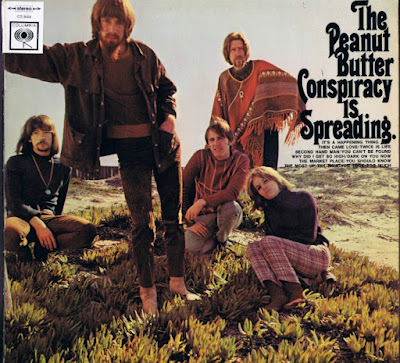
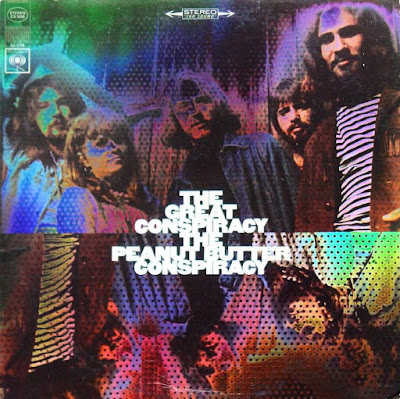


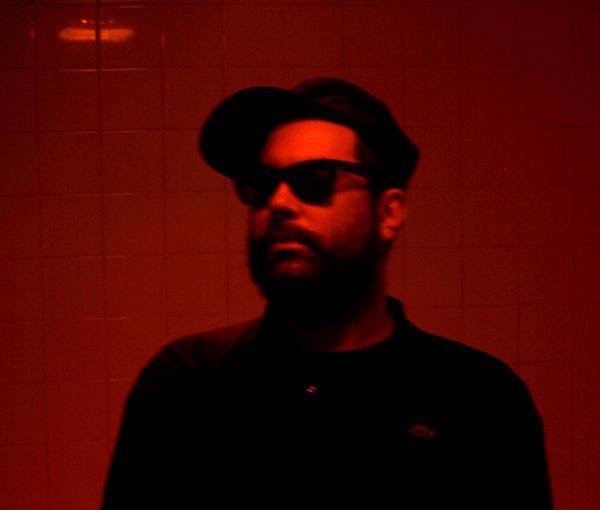
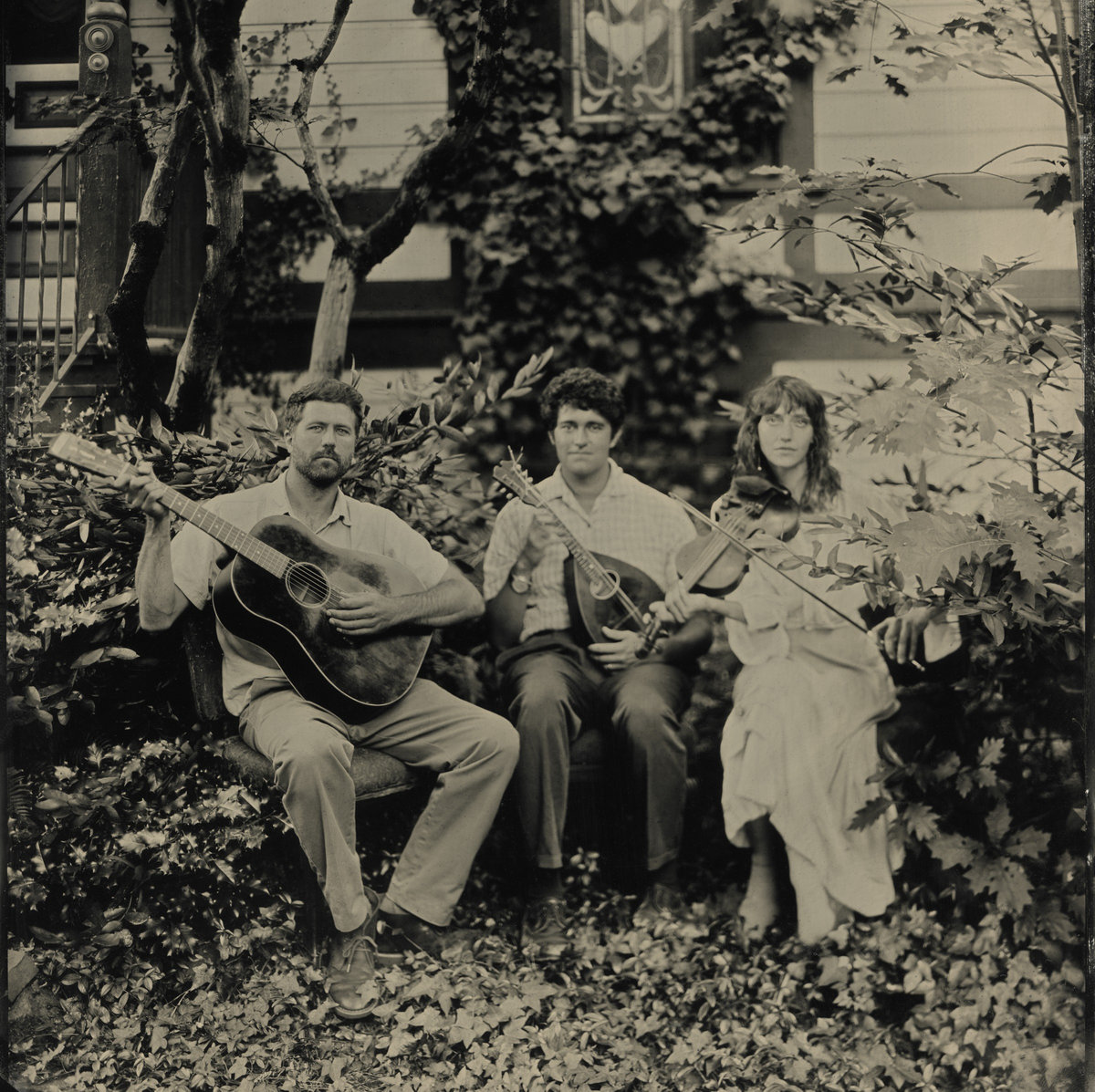
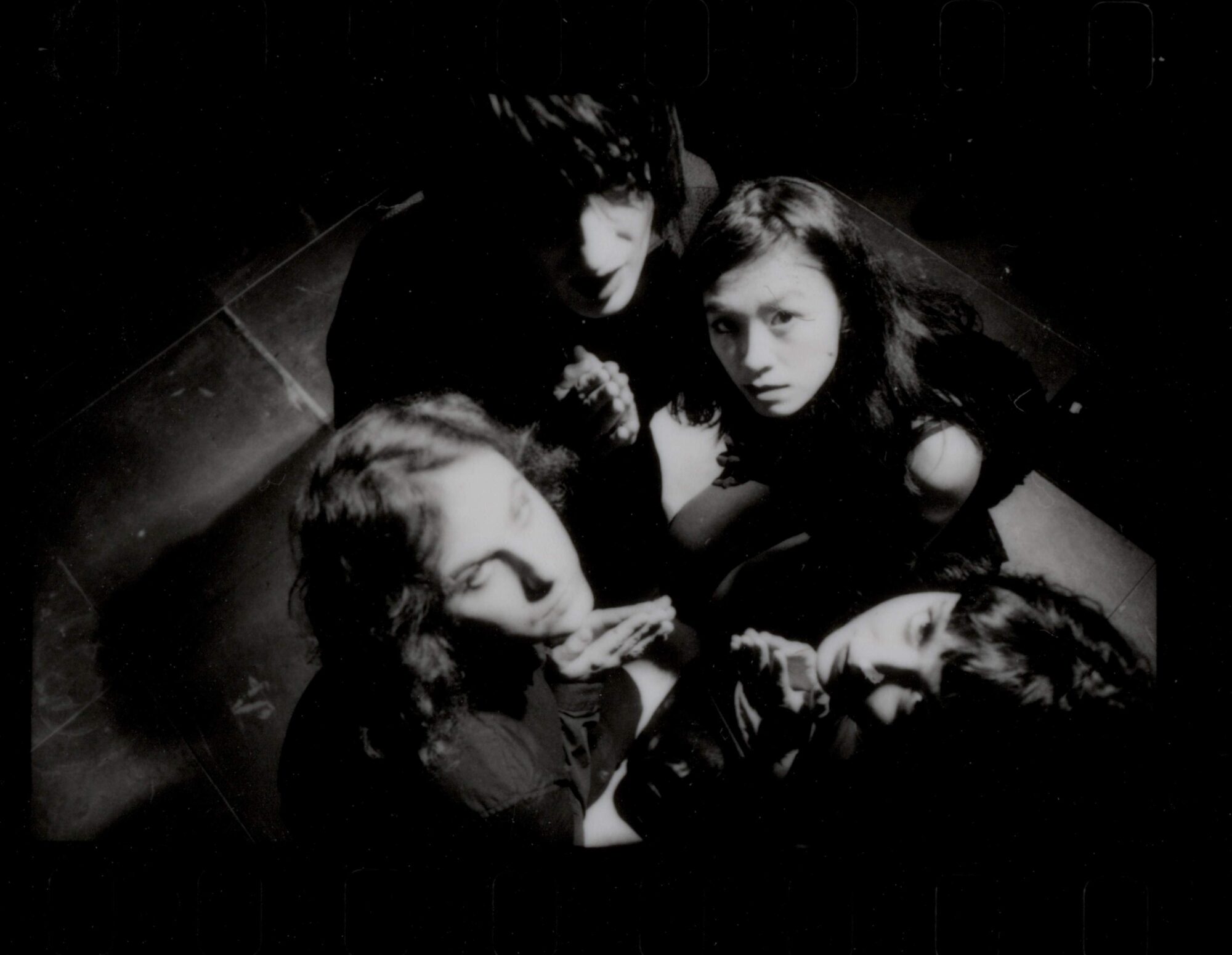
It was a pleasure doing this interview. Thanks.
Alan